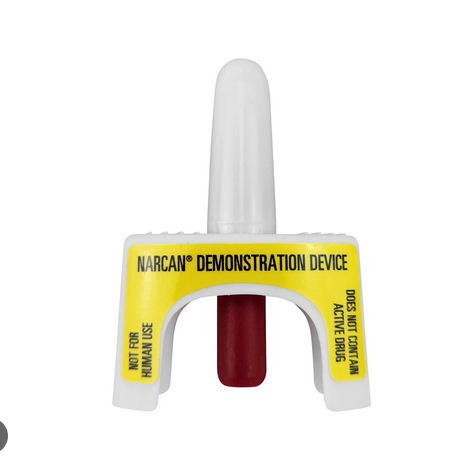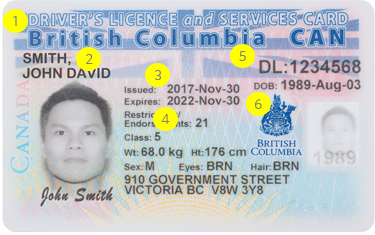Vancouver- A review of ICBC’s financial situation since the start of the provincial state of emergency shows both positive and negative financial impacts on ICBC’s bottom line.
With almost no capital reserves to withstand fluctuations and volatility in the markets, it is too early to determine whether the pandemic will result in benefits to pass on to drivers.
“ICBC is in a challenging position due to the pandemic, faced with uncertain and unprecedented turmoil in the markets, combined with no financial buffer as a result of the old government’s mismanagement,” said David Eby, Attorney General. “There are more than 10 months to go in the fiscal year and many unknowns, but if ICBC’s bottom line ends up better than expected, any surplus will be used to benefit B.C. drivers. In the meantime, we’re focused on supporting people through payment deferrals and making it easier for people to cancel or change their insurance, and on bringing in Enhanced Care coverage next year to save people an average of $400 on their insurance.”
If ICBC’s net income results are better than forecast for 2020-21, any additional net income will benefit customers. Any decisions on the use of additional net income of ICBC for the year due to lower claims resulting from the pandemic will be made at the end of the fiscal year. Options could include rebuilding the financial capital health of ICBC to reduce longer-term pressure on rates, providing a one-time direct relief to customers or any combination thereof.
ICBC’s report on the impacts of COVID-19 examined a period of about six weeks after the provincial state of emergency was declared and people were advised to stay home (March 15 to May 2). It found that over that time:
* ICBC opened 46% fewer accident claims (including claims for both damage to vehicles and for injuries) compared to the same time last year, with an average weekly reduction of 7,200 claims. This drop in the number of claims amounts to approximately $158 million in savings for ICBC. However, claim numbers are on the rise again as more vehicles return to B.C. roads;
* more than 150,000 customers changed their insurance policies by cancelling their policy (103,700) or lowering their rate class (57,561), resulting in a projected $283-million decline in written insurance premiums compared to what would normally be received for that period; and
* ICBC has seen a decrease in the value of its investment portfolio due to the unprecedented downturn in the financial markets, putting pressure on its bottom line. Some of this has already been seen at the end of ICBC’s 2019-20 fiscal year, and early indications suggest the impact could exceed $1 billion in fiscal 2020-21, depending on the length and scope of the global market downturn. The final impact will be determined at the end of fiscal 2020-21.
“ICBC waiving cancellation and re-plating fees alone during the pandemic has saved customers around $5 million, and we will continue to work with those drivers facing financial hardship,” said Nicolas Jimenez, ICBC president and CEO. “We’re committed to delivering essential services and ensuring the safety of our customers, employees and partners. And given these uncertain times, we have a responsibility to consider many factors when making long-term decisions that could adversely affect ICBC’s bottom line – and customers’ insurance premiums – in the future.”
Meanwhile:
The Canadian Taxpayers Federation is denouncing the British Columbia government’s refusal to give drivers rebates on their auto insurance.
“It’s totally unfair for B.C. drivers not to get rebates while they are stuck at home, not using their cars and there are far fewer crashes on the roads,” said Kris Sims, B.C. Director of the Canadian Taxpayers Federation. “Other drivers in other provinces have already been given rebates, they didn’t need to ask for them, the insurance providers just did the right thing and sent them cheques in the mail, but since ICBC is a government forced monopoly, they can treat their customers as badly as they want.”
Minister responsible for ICBC, David Eby, announced Thursday that while the insurance corporation has saved more than $150 million so far during the COVID-19 economic crisis with far fewer vehicles on the road, the government will not be passing any savings on to B.C. drivers.
“A friend of mine in Ontario told me recently that her car insurance company rebated her 15 per cent per month, back dated three months, and she told me I should shop around for the same deal, but I can’t because ICBC is a monopoly,” said Sims. “This is why the ICBC monopoly should be opened up to competition so drivers can take their business elsewhere if they’re mistreated like this.”
According to insurance industry data, some of the savings for drivers in other provinces include:
- Allstate Canada is giving a 25 per cent refund
- Gore Mutual is providing a 20 per cent refund
- La Capital is providing a 20 per cent refund backdated to April 1
- Intact and Aviva are giving up to 75 per cent back to drivers who stop using their vehicles







